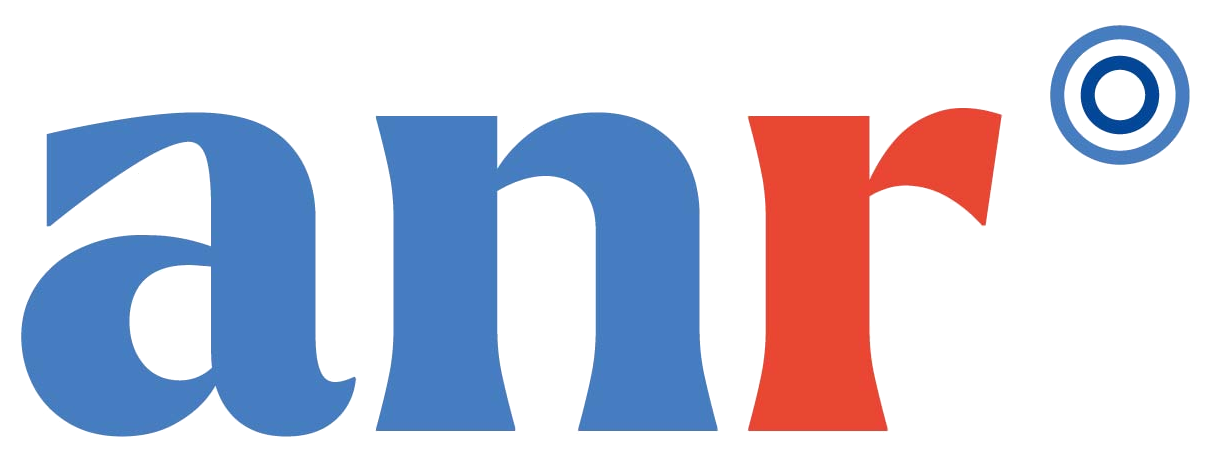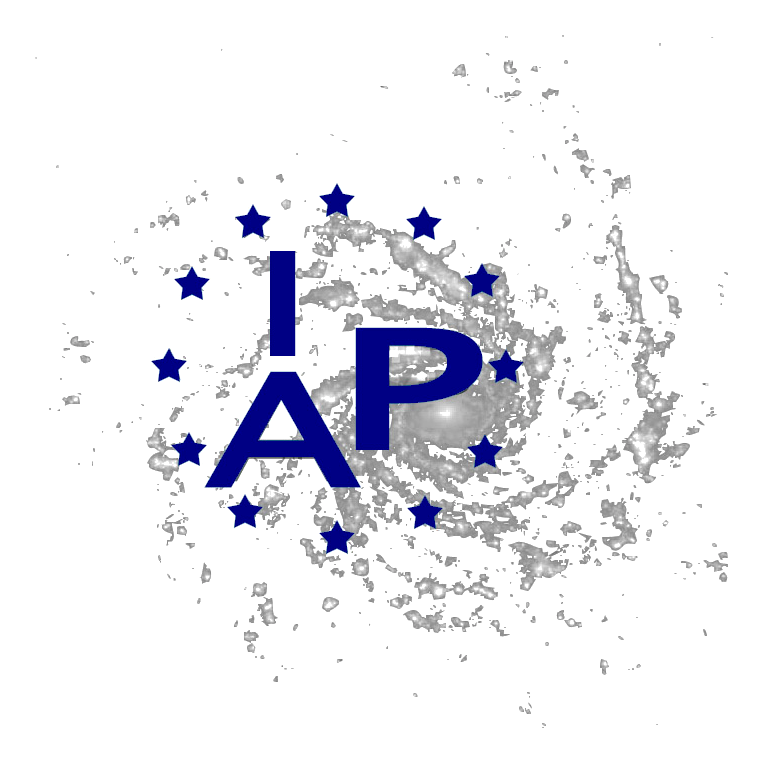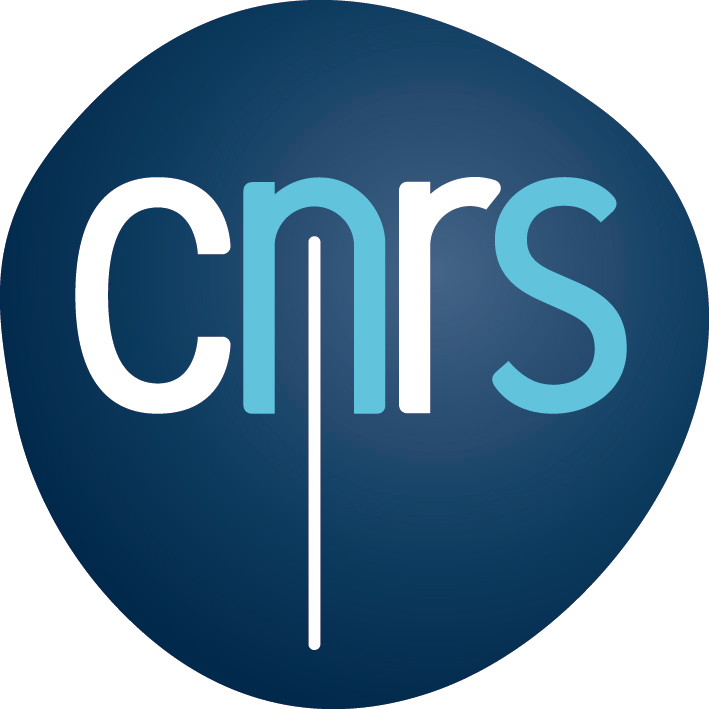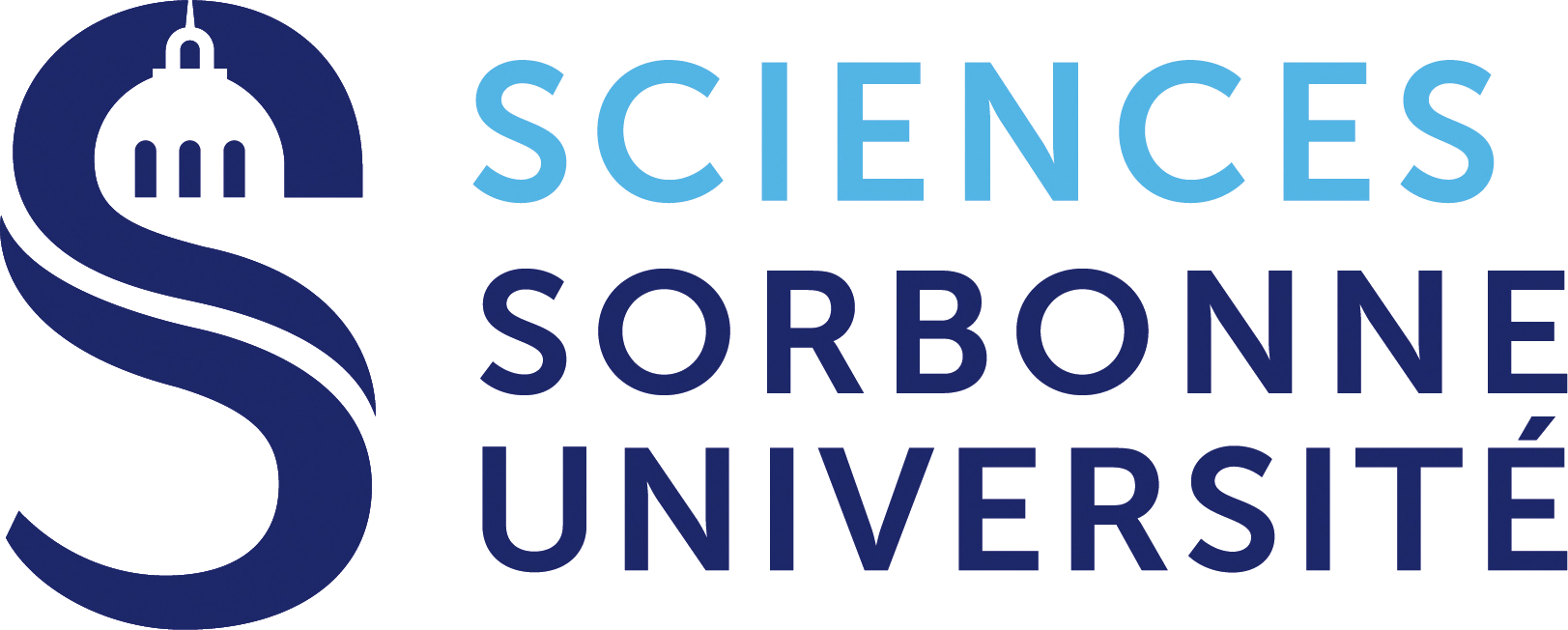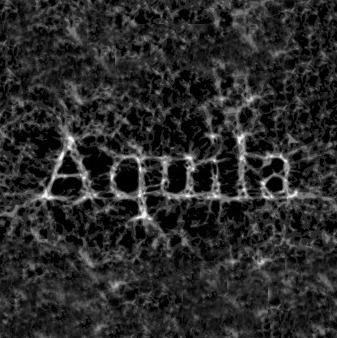INFOCW
High-performance information extraction from cosmic web probes
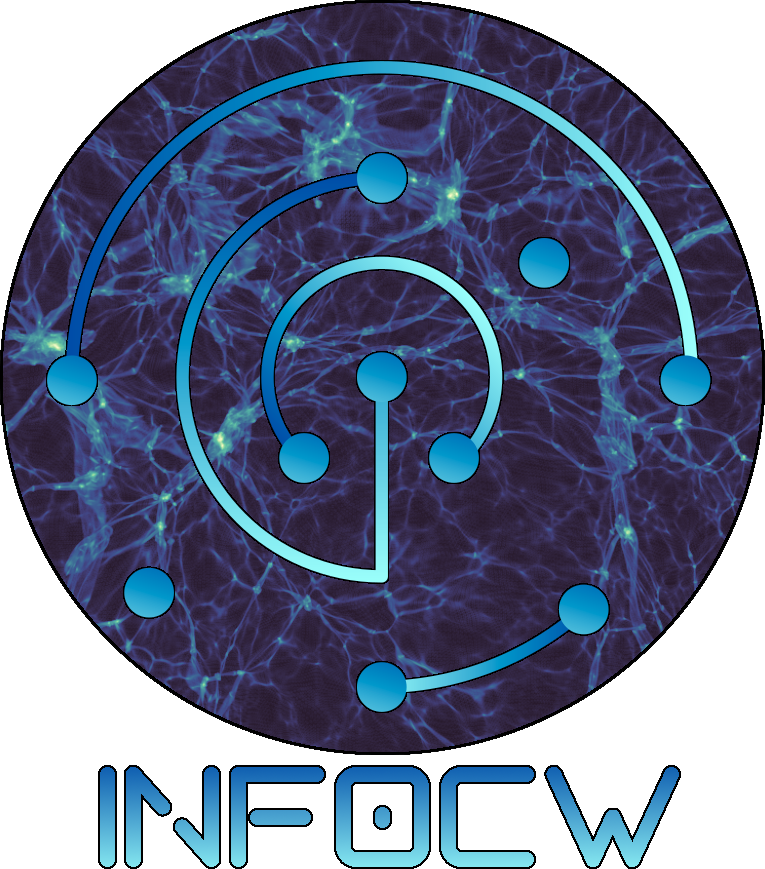
INFOCW (ANR-23-CE46-0006) is an ANR Jeunes Chercheuses et Jeunes Chercheurs (JCJC) project at the Institut d'Astrophysique de Paris (IAP), lead by Florent Leclercq.
The goal of INFOCW is to tackle two enthralling problems of modern cosmology: the cause of the accelerated expansion and the masses of neutrino particles. Dark energy, a mysterious and predominant component in the universe, is believed to be the driving factor behind its accelerated expansion, challenging our understanding of cosmological physics. Neutrinos, with their undetected mass, also introduce another dimension to the Universe's dark components. As we step into the Euclid satellite era, laden with petabytes of raw data, the INFOCW project aims to address these cosmic conundrums through advanced statistical techniques.
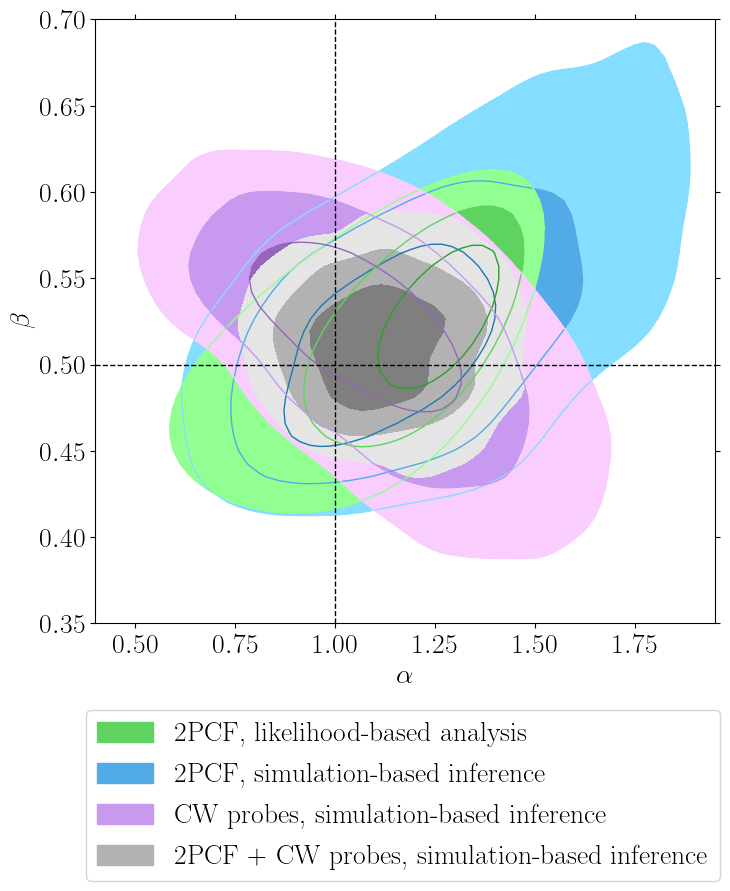 Preliminary investigations: posteriors on two parameters characterising log-normal random fields (degree of non-Gaussianity 𝛼 and shape parameter of field correlations 𝛽; see Leclercq & Heavens 2021). Ground truth values are 𝛼=1 and 𝛽=0.5. With standard two-point correlation functions (2PCF), the use of simulation-based inference will provide more accurate results (blue contours versus green contours, which are in some tension with the true values). Cosmic web (CW) probes will complementary, competitive constraints (purple contours) and improve the final precision (grey contours).
Preliminary investigations: posteriors on two parameters characterising log-normal random fields (degree of non-Gaussianity 𝛼 and shape parameter of field correlations 𝛽; see Leclercq & Heavens 2021). Ground truth values are 𝛼=1 and 𝛽=0.5. With standard two-point correlation functions (2PCF), the use of simulation-based inference will provide more accurate results (blue contours versus green contours, which are in some tension with the true values). Cosmic web (CW) probes will complementary, competitive constraints (purple contours) and improve the final precision (grey contours).
The large-scale distribution of matter in the Universe is not uniform, but forms a complex pattern known as the cosmic web. Low density regions (voids) occupy most of the volume. They are surrounded by sheets from which depart a network of filaments, connected to the densest clusters. Galaxies trace the large-scale structure, mostly made of dark matter, but our understanding of the dark matter-galaxy connection remains incomplete. One of the main goals of INFOCW is to access the untapped information in late-time, non-linear modes.
Placing constraints on fundamental physics requires extracting information from large astronomical data sets with sufficient accuracy and precision. This is a complex problem, since changes to observables when one changes the model away from the standard model are extremely subtle. For the next generation of galaxy surveys, it will be vital to improve upon the various simplifications of the modelling and the inadequate statistical assumptions going into the traditional approach. As a response, the INFOCW project will deliver high-performance information extraction from cosmic web probes. Forward modelling full maps of the cosmic web on massively parallel and/or heterogeneous computer architectures, in combination with high-performance data analysis, represents a new way of building data models, exploiting massive amounts of data, and making the connection with our understanding of the Universe.
Team
The team at the IAP is composed of:
- Florent Leclercq, CNRS researcher, principal investigator
- Guilhem Lavaux, CNRS researcher
- Rémi Fahed, research software engineer
- Clotilde Laigle, astronomer
- Yohan Dubois, CNRS researcher
- Deaglan Bartlett, postdoctoral research associate
- Matthew Ho, postdoctoral research associate
- Tristan Hoellinger, PhD student
Our main collaborators at other institutions are:
- Marc Baboulin (Laboratoire Interdisciplinaire des Sciences du Numérique) — high-performance computing
- Avner Bar-Hen (Conservatoire National des Arts et Métiers) — spatial statistics
- Jens Jasche (Stockholm University) — machine learning and statistical processing
- Alan Heavens (Imperial College London) — Bayesian hierarchical modelling in cosmology
Most members of INFOCW are also members of the Aquila Consortium.
Job opportunities
Postdoctoral Researcher in Cosmological Modelling and Inference — IAP, Paris (autumn 2026)
The Institut d’Astrophysique de Paris (IAP) invites applications for a two‑year postdoctoral position in cosmological modelling and inference. See the full position description and application instructions here: https://cloud.aquila-consortium.org/s/Postdoc_ad_INFOCW.
- Location: IAP, Paris, France
- Duration: 2 years
- Contact for informal enquiries: Florent Leclercq (email)
- Application deadline: 15 January 2026
Links
- The Agence Nationale de la Recherche: https://anr.fr
- The Institut d’Astrophysique de Paris: http://www.iap.fr
- The Aquila Consortium: https://www.aquila-consortium.org
- The Euclid mission: https://www.euclid-ec.org
- Follow us on Mastodon @FlorentLeclercq@fediscience.org and @AquilaScience@mastodon.social
